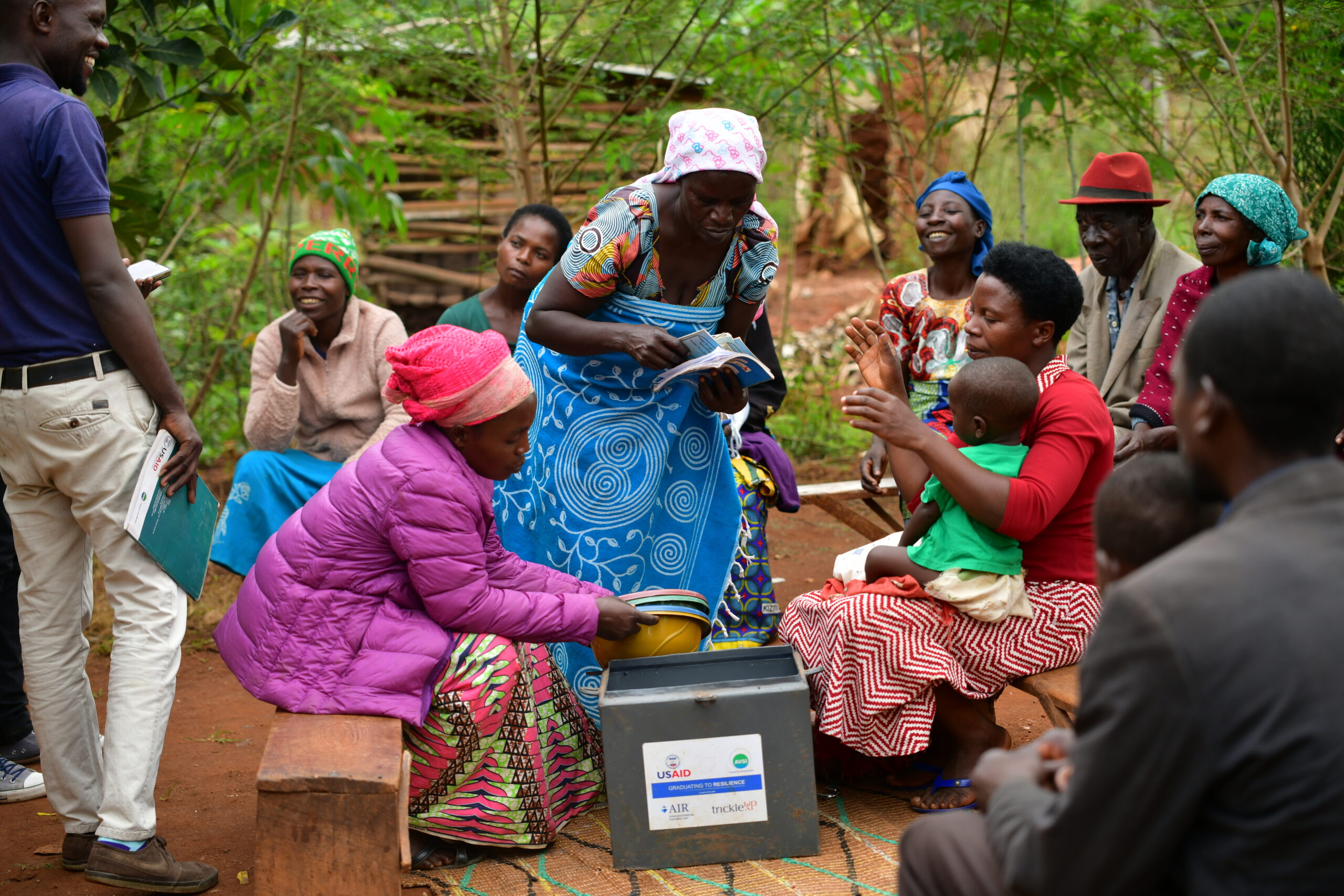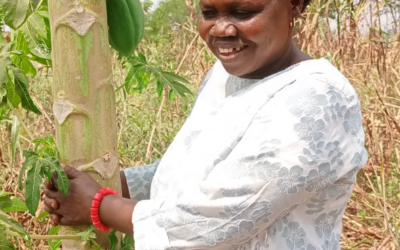Refugees & Displacement
Working in displaced contextsMost refugees remain displaced for years in host countries, many of which are already struggling to address poverty and internal migration. Without support to earn a livelihood, refugees, host community members, internally displaced people, and others affected by displacement, face extreme poverty and unique barriers to self-reliance.
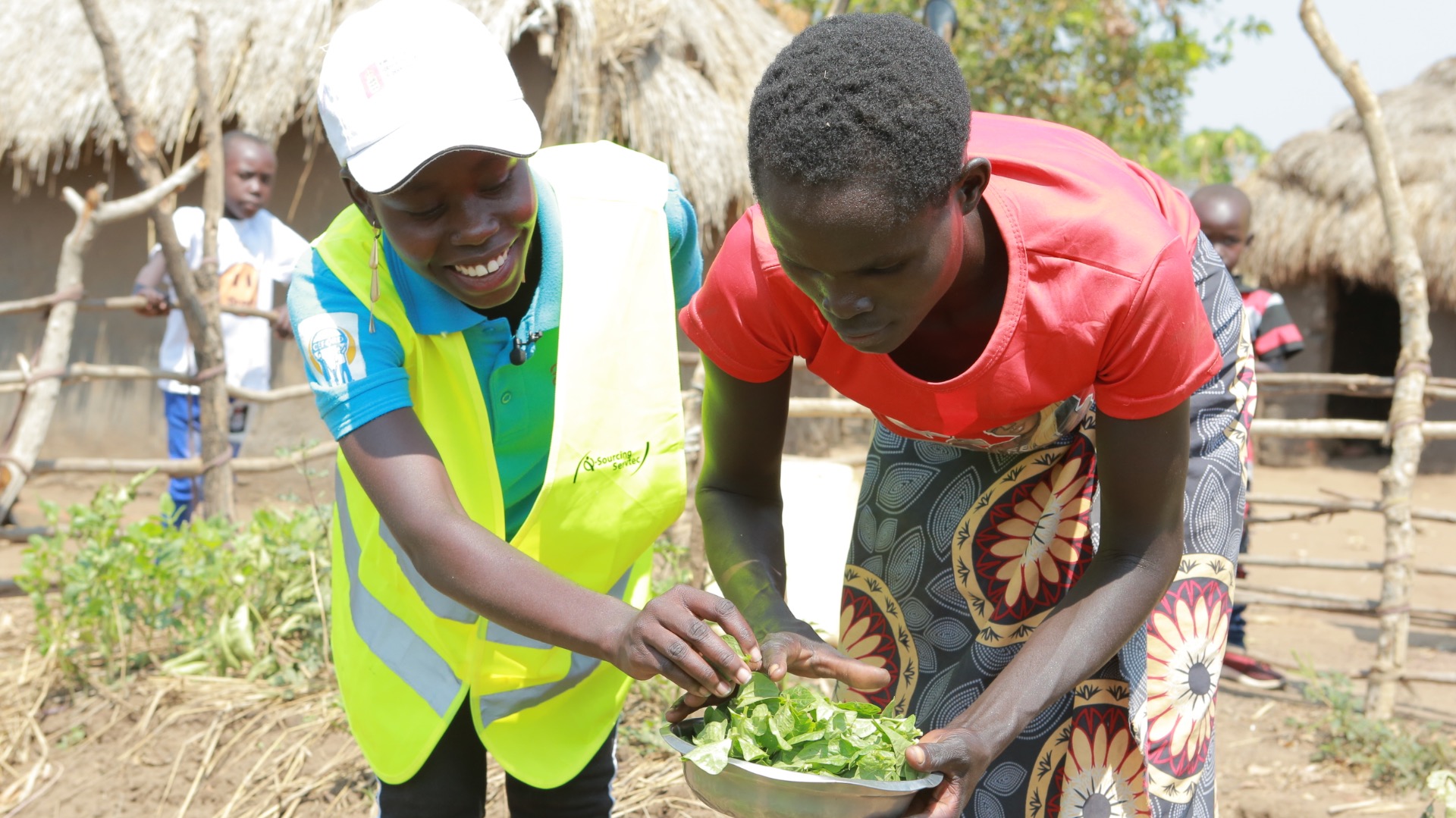
Our Approach
Since 2006, Trickle Up has been a leader in adapting the Graduation Approach for people living in extreme poverty across different contexts.
In 2012, Trickle Up partnered with United Nations High Commissioner for Refugee (UNHCR) to provide technical support to Graduation pilot projects in Burkina Faso, Costa Rica, Ecuador, Egypt, and Zambia.
With additional funding from the US Department of State’s Bureau of Population, Refugees, and Migration (PRM) in 2016, Trickle Up expanded its support to 10 UNHCR country operations and four international NGO partners.
In 2019, Trickle Up became a founding member of the Poverty Alleviation Coalition, a coalition of UNHCR, the World Bank’s Partnership for Economic Inclusion, and international NGOs. The coalition aims to increase self-reliance and social and economic inclusion of refugees and members of the host community living in extreme poverty through the Graduation Approach.
Trickle Up has worked closely with global and country-level PAC members to share learning and tools that continue to support the expansion of Graduation programming for people affected by displacement.
Growing Refugee Crisis Requires Maximizing Every Dollar of Humanitarian Aid
Today, more than ever, we need innovative solutions to support refugees’ self-reliance. The USAID-funded Graduating to Resilience program empowers refugees and vulnerable families in Uganda through the Graduation Approach, a cost-effective and sustainable solution to poverty.
Seeds of Success
Explore Ruta Lokudu’s remarkable transformation in Imvepi Refugee Settlement. After struggling as a South Sudanese refugee, Ruta’s life changed when she received support from the Danida Graduation Project, leading her to start a successful business and become a community leader.
Rising Above: Achan Victoria’s Path from Refugee to Entrepreneur
Achan Victoria, a refugee from South Sudan, has transformed her life in Uganda’s Imvepi Refugee Settlement. After joining the DANIDA Graduation project, she started a retail shop and poultry business, turning daily struggles into opportunities for growth. Achan’s journey from hardship to entrepreneurship offers a powerful story of hope and strength.
KEY NUMBERS ON REFUGEES
million
37.6 of 117.3 million forcibly displaced people around the world are refugees.
%
85% of refugees are hosted by developing countries
%
of refugee and host community participants are on track to meet their savings goals.
Technical Support
Trickle Up offers a range of services and resources to support program design, inception, and implementation in addition to offering tailored support on specific program components.
Feasibility study
Market and socio-economic assessments
Targeting and selection support
Design mission
Regularly scheduled remote assistance to discuss any adjustments made to project design
Training of Coaches trainings and support
Remote launch support
Throughout implementation, Trickle Up provides technical assistance remotely as needed, and ideally conducts two support and learning missions, the first being 6 months into implementation, and the second being 12 months into implementation.
These various touch points and continued technical assistance allow for modifications, adaptations, and learnings that can inform necessary changes to a Graduation pilot, in preparation for a project’s scale-up.
Resources
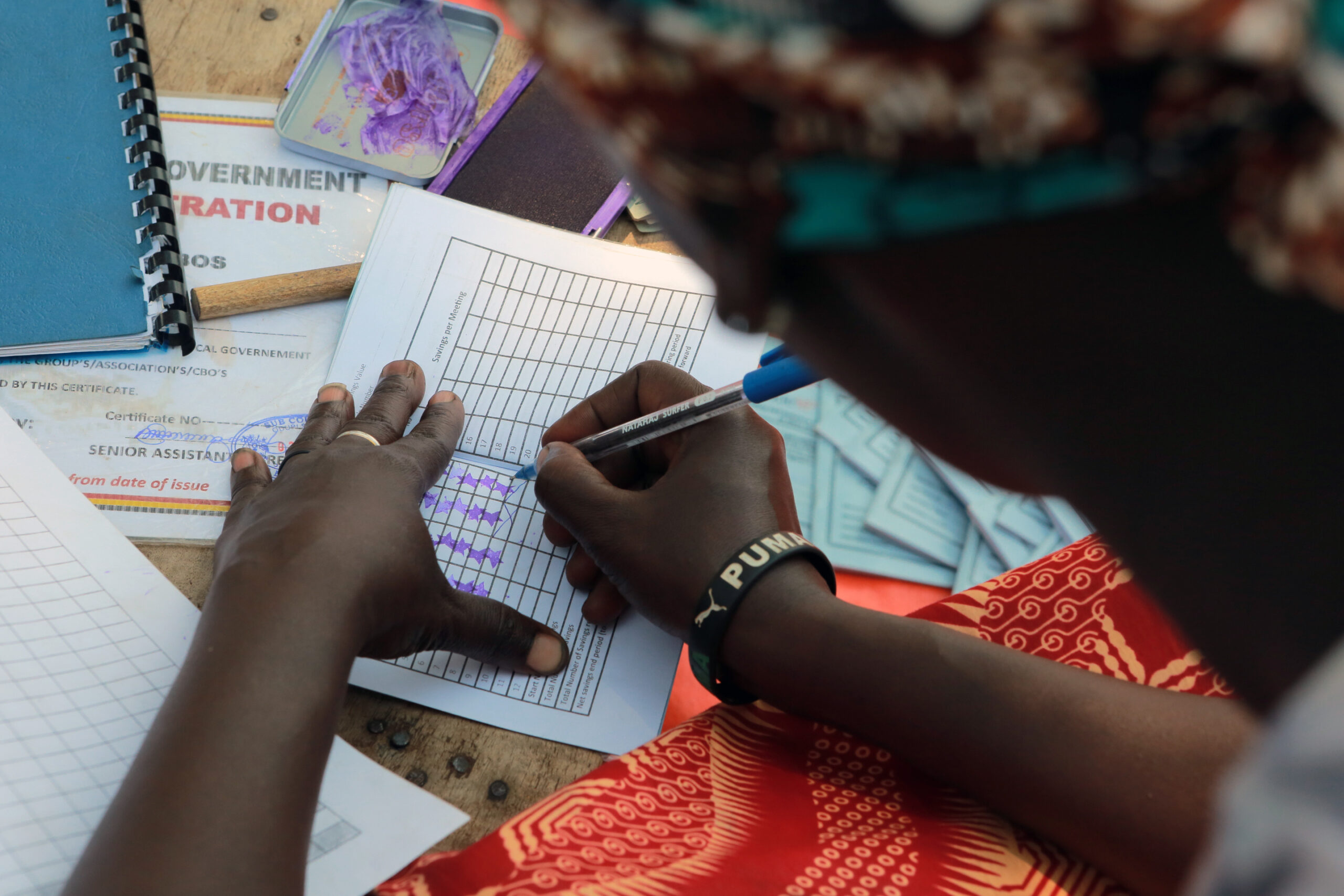
With a contextualized Facilitation Guide and Tools, the team designs an effective Graduation program with the implementing partner through an interactive process that usually takes 9-18 months. The process starts with an in-person design mission.
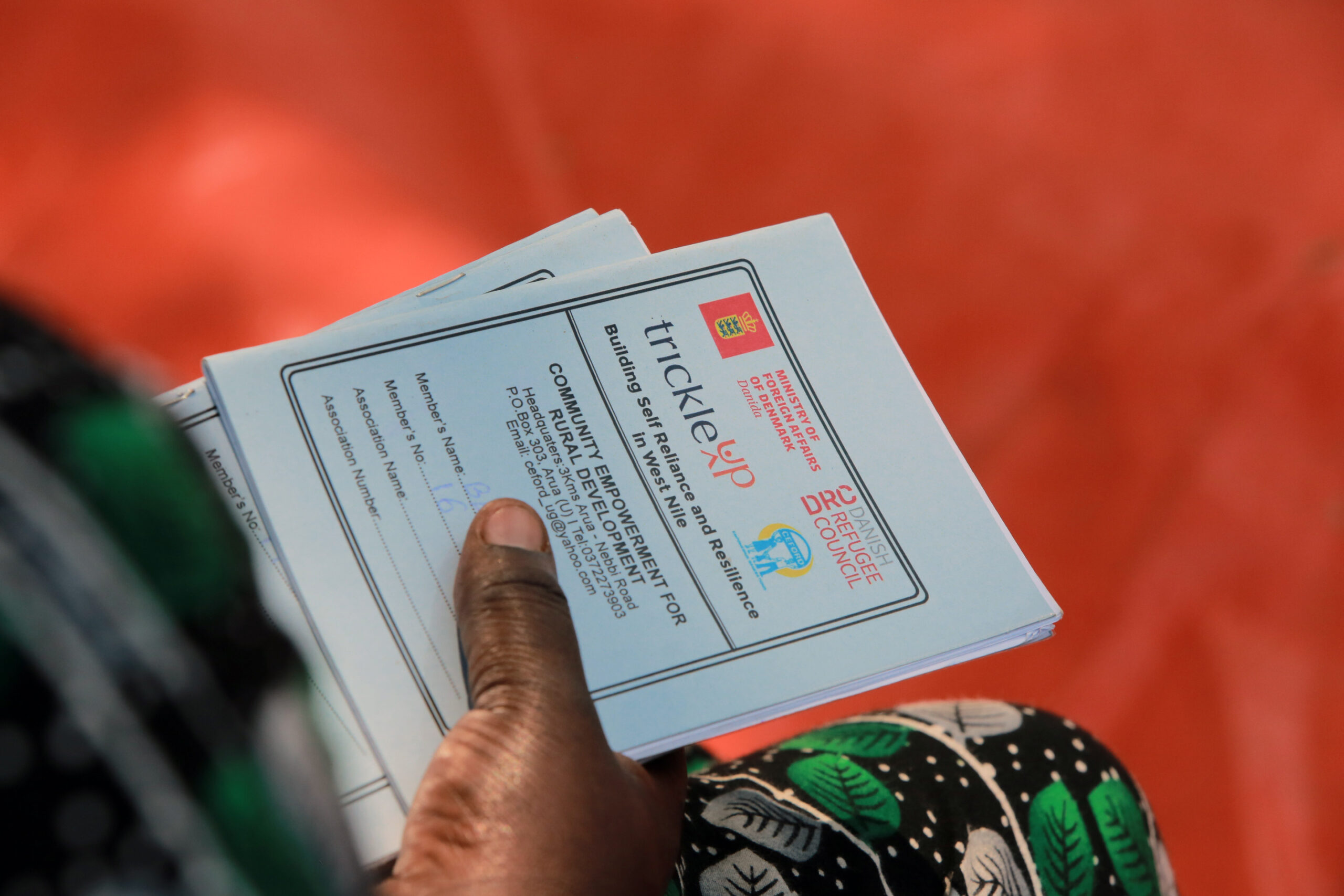
During a Training of Coaches or Training of Trainers session, the team facilitates learning around the coaching visit process and shares Coaching Tools, such as a Graduation Map, a Self-Assessment Tool, and a Household Visit Checklist, and a Coaching Guide.

